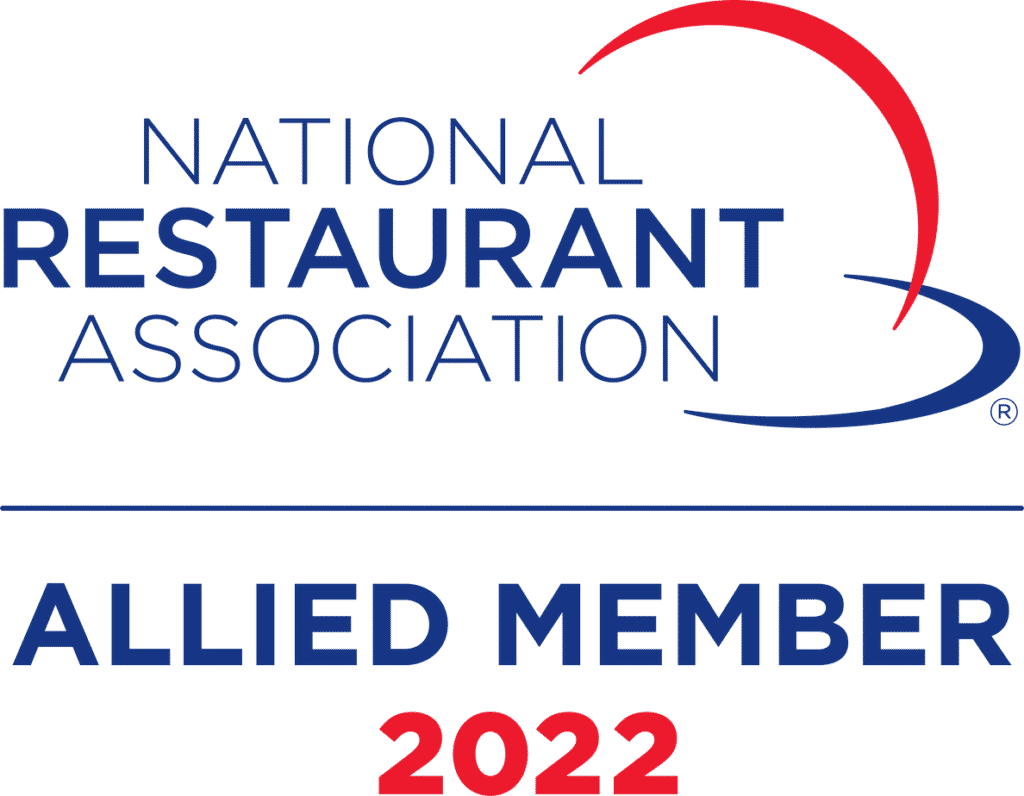The hospitality industry faced challenges amid the pandemic; however, the current market is witnessing a surge in opportunities. Among the coveted positions is that of a restaurant manager, known for its high compensation and demanding nature. This role offers a blend of challenges, enjoyment, and financial rewards. For individuals ascending the career ladder in the realm of hospitality and contemplating a transition to restaurant management, this blog aims to provide insights into the intricacies of this profession.
What is a Restaurant Manager?
The role of a restaurant manager encompasses comprehensive operational oversight, spanning from customer service and food quality to procurement and staff scheduling. This position offers a dynamic work environment characterized by varied tasks, ensuring each day presents unique challenges and opportunities for professional growth.
The duties and responsibilities of a restaurant manager include:
- Food prep, Menu, and quality
- Inventory, budgets, and ordering
- Ensuring equipment maintenance and thorough inspection
- Health, Safety, and cleanliness
- Handling financial responsibilities including payroll
- Scheduling and staffing
In the dynamic environment of a restaurant, a manager plays a pivotal role in ensuring the smooth operation of various tasks. Effective management involves overseeing a team of skilled employees to execute these tasks efficiently. Therefore, it is imperative for a restaurant manager to possess a deep understanding of each job requirement. In some cases, particularly in smaller, independent restaurants, the manager may also double as the owner, further emphasizing the importance of their expertise in all operational aspects.
How Do I Get Started as a Restaurant Manager?
One may pursue studies in hospitality management in preparation for assuming the responsibilities of a restaurant manager; however, it is not a prerequisite. A substantial number of individuals in managerial positions within the restaurant industry have advanced from roles within the waitstaff or other operational positions. This path offers valuable insight into the various tasks and requirements involved in managing a restaurant, enabling a more comprehensive understanding of the positions one will oversee.
While a formal education may not be mandatory, there are essential characteristics that are vital for success in the role of a restaurant manager. These qualities include:
- Eager and resourceful, consistently seeking new challenges and opportunities for growth.
- Energetic and capable of managing physically demanding tasks, such as assisting with unloading products from delivery trucks.
- To drive success within your team, it is essential to maintain a strong sense of motivation.
- Demonstrates exceptional organizational skills to ensure optimal efficiency and seamless operation of the vessel.
- An adept problem solver with strong creative capabilities, adept at effectively addressing a wide range of issues as they arise.
Additionally, it is advisable to possess required licenses to ensure compliance with legal regulations, including:
- A liquor distribution license or permit
- A certification for food handlers or managers
- Additional safety certifications may be required based on the regulations in your specific state
Restaurant managers play a crucial role in overseeing and coordinating operations in diverse food service establishments, ranging from hotel kitchens to storefront cafes. This dynamic and fulfilling position allows individuals to exercise genuine ownership in a business dedicated to providing exceptional service to patrons.
Are you a dedicated restaurant manager looking to take the next step in your career? Look no further than Gecko Hospitality. With our proven track record of placing talented managers in exceptional roles, we are the go-to resource for advancing your career in the dynamic world of hospitality. Reach out to us today and discover how we can propel your career to new heights.





